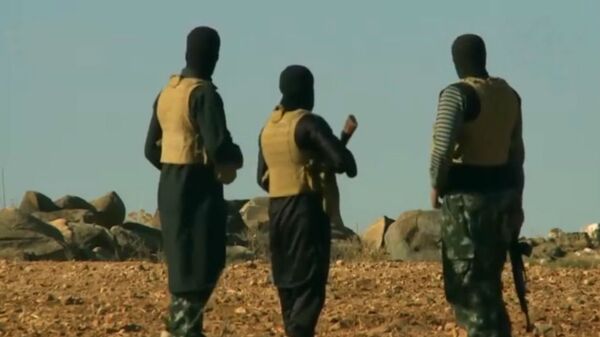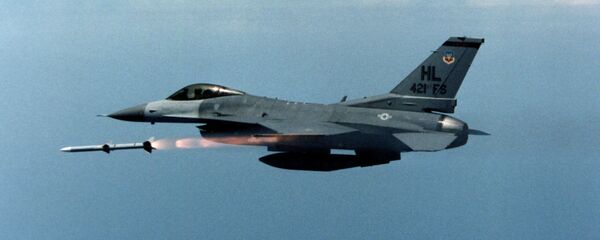Support from the United States and other Western counties has been “tremendous,” added Qayoumi, an Afghan-born US citizen who was president of California’s San Jose State University before starting his job in Kabul in 2015.
Qayoumi expressed concern that Afghanistan is its region’s “ground zero” for terrorism as well as international trafficking in people and drugs.
"Another dimension to keep in mind is the post-9/11 world we are living in and the impact of illicit international organizations’ activities — underground economies, all the way to terrorism — is valued at $1.7 trillion and [such groups] have done an effective job because they have set themselves up like the Internet," he explained.
"Not long ago in Afghanistan, 30 people — peasants and civilians — were killed that had nothing to do with any group. Daesh just likes to kill people,” Qayoumi said, using the Arabic name for the Islamic State terror group.
Afghan forces and those of other countries in central Asia are unsure what to do with the terrorists they capture.
"I don't think we know what to do in our region concerning terrorists,” the adviser said. “We do not know what to do with Chechnya, Uyghur terrorists who fight against us. What do we do? Send them home?”
Groups including the Taliban continue to attack civilian and government targets throughout Afghanistan. According to the United Nations, the Taliban currently controls more Afghan territory than at any time since 2001.



